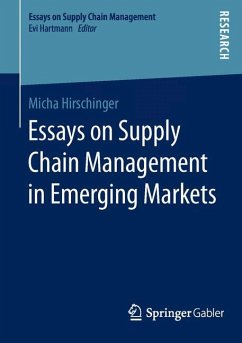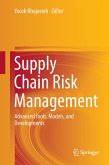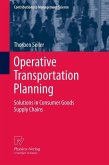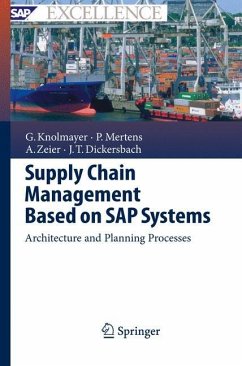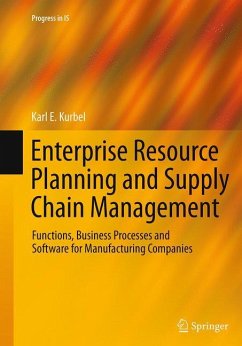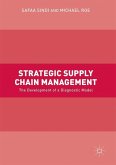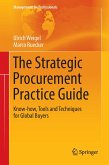Micha Hirschinger emphasizes the importance of foresight on logisticsand institutions in particular for effective decision making as distinctresearch in this context is limited. He applies a systematic and transferablemulti-method approach based on Delphi studies and fuzzy c-means cluster analysisto develop profound scenarios for the future. He uses the relevance ofinformation-processing requirements to investigate whether centralization ofpurchasing organizations increases functional efficiency. The author finallyshows how a sharing-economy business model transfer could help to overcome thelimited access to factor markets, especially trucks, at the base of thepyramid.
Bitte wählen Sie Ihr Anliegen aus.
Rechnungen
Retourenschein anfordern
Bestellstatus
Storno

